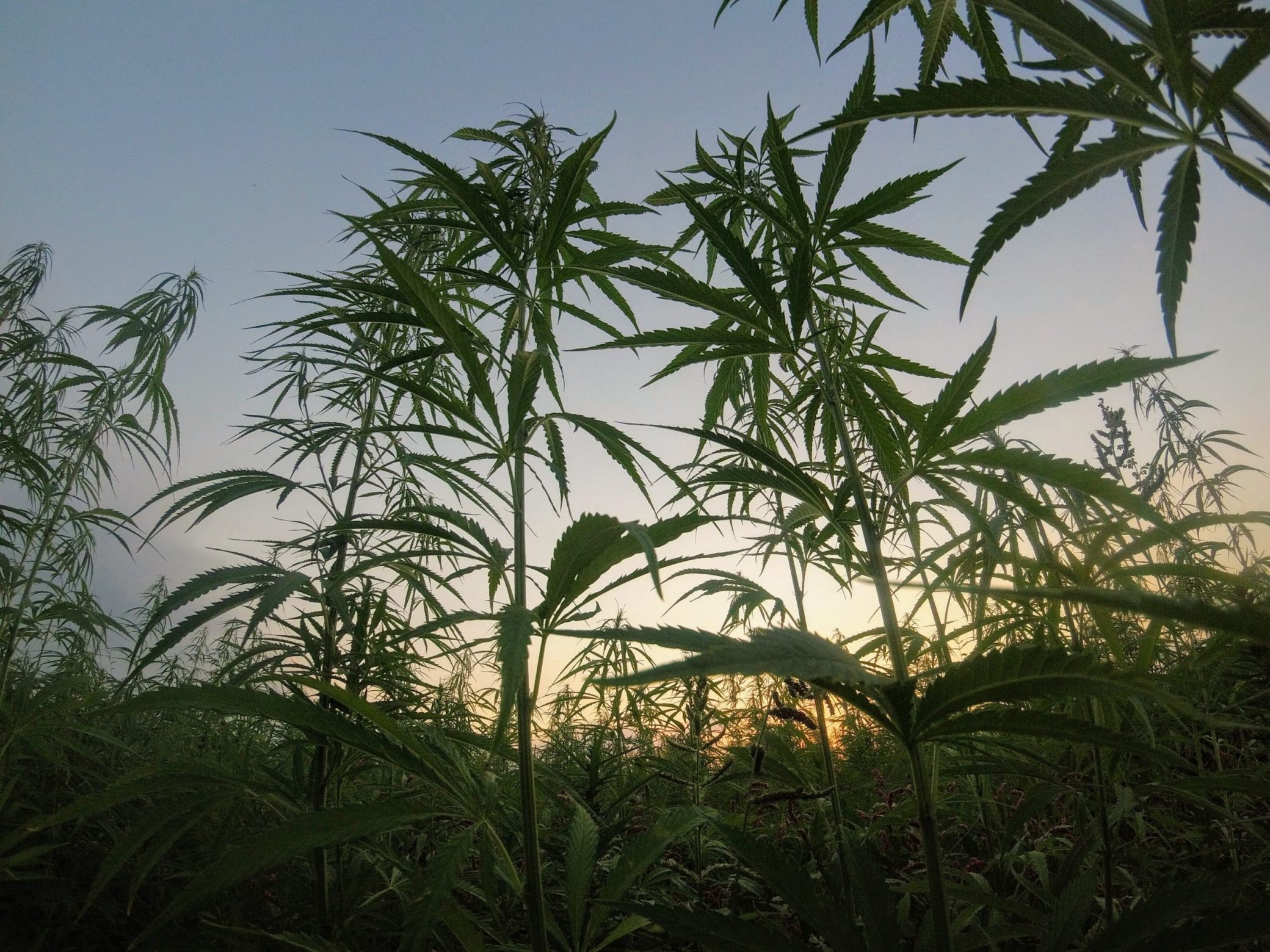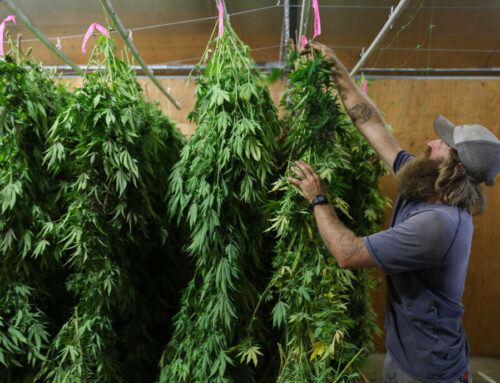Global Cannabis Market Projected To Reach $90.4 billion In 5 Years
The cannabis industry is booming yet again and new data confirms it. A new report forecasts the global marijuana market to reach a value of $90.4 billion by 2026. The same report puts the current value at $20.5 billion, projecting a 28% CAGR.
The report, titled “Cannabis Market by Application (Medical and Recreational), Product Type (Flowers and Concentrates), Compound (THC-dominant, CBD-dominant, and Balanced THC & CBD), and Region (North America, South America, Europe, and RoW) – Global Forecast to 2026”, was published by MarketsandMarkets™. It also examines current and future trends in the cannabis space, and points to a growing interest in medical applications and an overall wider acceptance of the plant as the driving force behind the industry’s performance.
Not surprisingly, the report confirms flower is still the number one product choice for consumers in terms of sales. Closely behind is the concentrates category, which is quickly catching up to its predecessor. The report projects concentrates – such as hash oil and vape pens – will experience the highest growth over the forecast period.
Globally, the report believes large opportunities will occur in Europe and the Asia Pacific region. EU markets are quickly coming online for medical and industrial hemp is beginning to boom in China, two examples given as drivers for success. However, North America is expected to maintain the biggest market share with recreational consumption maintaining the dominant share of market application.
In terms of challenges to the industry’s growth, the report calls out complex regulatory structures as a serious detriment. This will come as no surprise to operators, who have long complained of a laundry list of issues with state and local officials. Licensure has been particularly difficult in California, arguably the forefront of the industry.
The report also says “myths about cannabis” could continue to pose a threat, but it is less likely to have an impact in the broader ways the bureaucracy does.



































